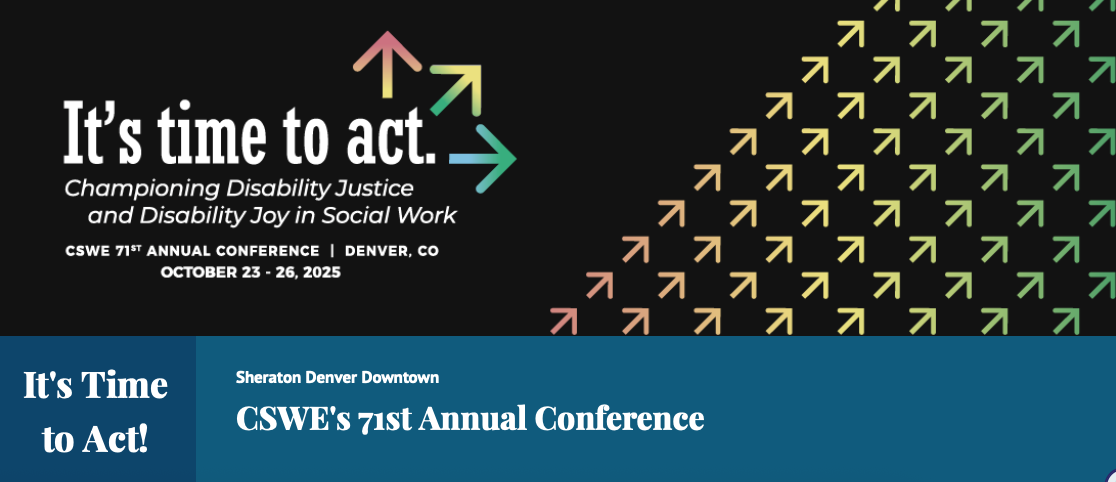Ruth Pearlman, LCSW, LICSW, M.ED![]()
Wednesday, March 4, 2026
10 am – 12 pm (ET)
Live Webinar
2 CECs
Registration Fee: $50
10% discount for UConn SSW Alumni and current SSW Field Instructors
Webinar link will be emailed when your registration is complete.
Magical Thinking, the cognitive process of assigning direct cause and effect to life events, was once thought to only occur in young childhood. Recent research supports that Magical Thinking is present throughout the lifespan, especially when we are confronted with traumatic and/or grief events. This workshop will explore how the Magical Thinking of traumatic events in childhood forges a narrative of self-blame that the child brings into adulthood. We will explore how to clinically expose the destructive self-blame stories that clients have carried within themselves. We will explore ways to assist clients in reconstructing their narratives. This workshop will also examine elements of Magical Thinking that child perpetrators use to manipulate their victims into silence. Lastly, we will discuss the tendency for traumatically grieved clients to re-employ Magical Thinking in their guilt and shock over the deaths of loved ones.
Please note: This workshop will contain content regarding childhood sexual abuse and suicide.
Learning objectives:
1. Participants will be able to identify Magical Thinking throughout the lifespan
2. Participants will learn how to assist clients in reframing narratives that have been distorted by Magical Thinking Cause and Effect beliefs.
3. Participants will understand the role of Magical Thinking in the cognitive processing of grief.
